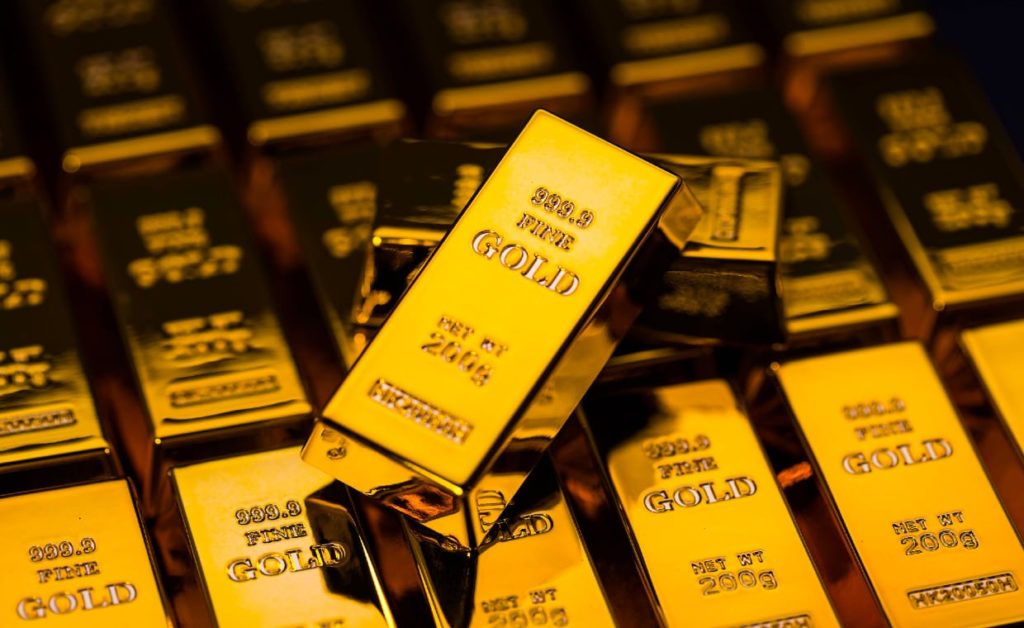The establishment of a gold refinery bodes well for the mining industry, as it reflects an opportunity for the country to diversify its economy, shore up its revenue and improve the livelihoods of its people along the gold value-chain.
Ghana has reaped several benefits from the gold mining industry, as it continues to keep its place as the major contributor to the country’s GDP from the taxes and royalties paid to the government by mining companies operating in the country.
In 2018, Ghana overtook South Africa to become the top gold producer in the region. As though that was supposed to make the sector the highest revenue earner on the continent, that unfortunately never materialized, as gold revenues still remained highest in South Africa.
At the time, the country had to grapple with multiple challenges within the sector including the very damaging effects of galamsey, a fight that is gradually yielding results.
While peers such as South Africa are already treading this path: adding value to their minerals, Ghana joins this train late, however this is a big step in the right direction.
Prior Attempts Have Been Unyielding
Several prior attempts have been made to this end but in futility. Such actions have always failed due to mismanagement of funds, among others. In its twin industry (the oil industry), the sole oil refinery, Tema Oil Refinery (TOR) has not been well-managed for years, running into losses and debts, straining public funds.
It is on record that in 2004 the government announced a revolving credit of unrefined gold for the purpose of promoting increased jewellery production and sales. The programme was to be jointly managed by AngloGold Ashanti and Gold Fields. However, in less than two years into the programme, the unrefined gold was mismanaged and the credit consequently terminated.

So far, Ghana has two private refineries in operation: the Gold Coast Refinery and the Sahara Royal Gold Refinery. With a new state-owned refinery, Ghana has the potential to reap substantial benefits including the creation of jobs and the potential of adding value to its gold to help build a robust gold resource value chain. Without this, the country will continue to export the vast majority of its minerals as unprocessed ores, costing the country US$5.1 billion in lost revenue each year.
Ghana owns 20% share of Refinery
Currently, the country exports a significant portion of unrefined gold for processing, primarily to Switzerland, South Africa and the United Arab Emirates (UAE). The gold refinery project which is solely financed by India at the cost of US$25 million will see the Asian country own 80% of the refinery while Ghana owns 20%. However, this is subject to revisions within specific timelines with the possibility of an eventual purchase of the entire shares.

Mireku Duker, the Deputy Minister for Lands and Natural Resources is on record to have said:
“There is an arrangement for the project. In five years’ time, there is an arrangement for renegotiation to get to 50%-50%. We have space to renegotiate and in another 6-year, we will have the opportunity to renegotiate to buy the entire shares”.
It is expected that upon completion, the refinery will process at least 30% of Ghana’s ore for both export and supply to the local jewellery manufacturing industry.
With the refinery coming online, this would benefit the Central Bank, in its local gold acquisition programme. The unrefined gold purchased by the BoG would be processed in the country, thus avoiding any foreign exchange associated costs.
READ ALSO: WAEC cannot exonerate itself from what is going on- Dr Clement Apaak



















